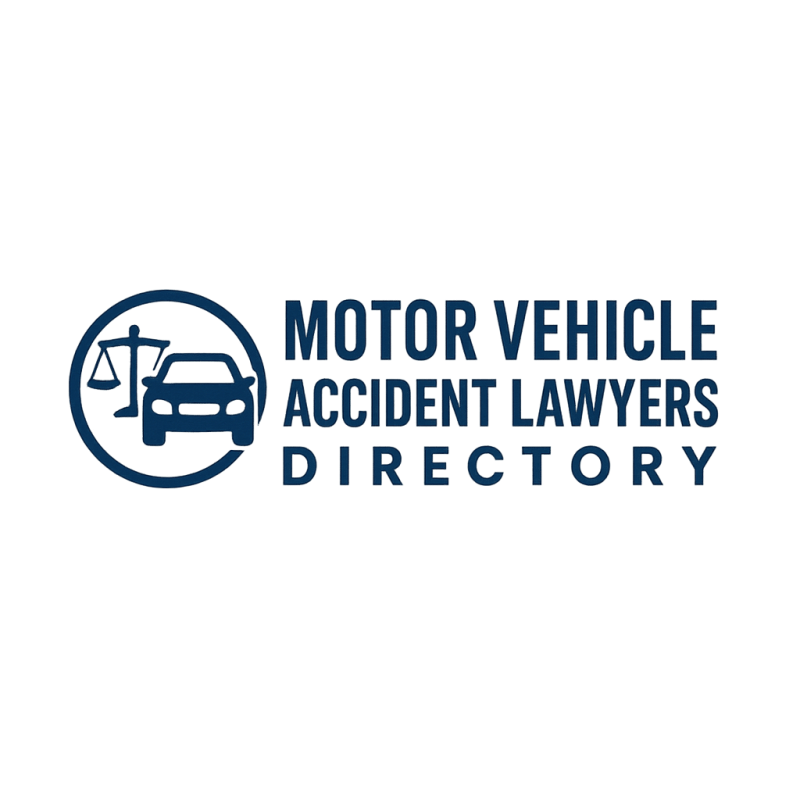Experiencing a motor vehicle accident can be a traumatic and overwhelming event. Understanding the legal implications and potential steps you need to take afterward is crucial to ensure you protect your rights and seek the compensation you may be entitled to. Below, we explore common questions related to car accidents and personal injury claims in Kansas.
Steps to Take After a Motor Vehicle Accident in Kansas
Immediately after being involved in a car accident, there are essential actions to take that can significantly influence the outcome of your case. First and foremost, it is crucial to remain calm and not admit fault or provide details about the accident prematurely. Even seemingly innocuous statements can be twisted to undermine your claim. If you receive any citations, it's important not to plead guilty without consulting a legal professional.
If you are injured, seek medical attention as soon as possible. Delaying treatment can lead to complications and may weaken your case, as insurance companies often argue that delayed medical care indicates less severe injuries.
Understanding Your Rights to Compensation
Victims of car accidents often wonder if they are entitled to compensation for their injuries. In Kansas, the law allows individuals injured in accidents caused by another party's negligence to seek damages. You likely have a valid claim if:
- Your injuries were a direct result of the accident.
- The accident was caused by someone else’s negligence.
- You can provide evidence of damages incurred.
Potential compensation may cover:
- Medical expenses related to your injuries, both current and future.
- Loss of wages due to missed work.
- Loss of future earning capacity.
- Pain and suffering, including emotional distress.
- Loss of enjoyment of life.
Notifying Your Insurance Company
Most insurance policies require you to notify your insurer promptly after an accident. While doing so is necessary for claim processing, avoid providing any recorded statements until you have legal representation. These statements can be manipulated to minimize your claim.
Dealing with the Other Driver's Insurance
It is advisable not to engage with the other driver’s insurance company. They may attempt to shift blame onto you, often using aggressive tactics to minimize their liability. Remember that their goal is to reduce payouts, not to ensure fairness.
Consider the following when approached by the other driver's insurer:
- They may request extensive access to your medical history.
- They could question your injury claims based on your previous health records.
- They might downplay your injuries or the severity of your condition.
- They will often delay payments, which can affect your financial stability.
Once you hire an attorney, they will handle all communication with insurance adjusters on your behalf, allowing you to focus on recovery.
Apologies and Admissions of Fault
Under no circumstances should you admit fault or apologize to the other driver or witnesses. Such statements can be construed as admissions of liability and can severely impact your ability to recover damages.
Responsibility for Medical Expenses
While you may be responsible for your medical expenses initially, various options exist to manage these costs. If you don’t have the means to pay upfront, many healthcare providers may agree to treatment on a lien basis, meaning they will wait for payment until your case is settled.
The at-fault party's insurance company is ultimately responsible for covering your expenses, but if they are uninsured or underinsured, your own insurance may step in to cover some costs. This highlights the importance of having robust uninsured/underinsured motorist coverage.
What If the Other Driver Is Uninsured?
If you find yourself in an accident with an uninsured driver, checking your own policy for uninsured motorist coverage is crucial. This type of insurance can help cover your medical bills and other damages. In situations where no insurance is available, legal avenues may still exist to recover damages from the at-fault party's assets.
Lost Wages Due to Injury
If your injuries prevent you from working, you may be entitled to recover lost wages. However, it's essential to have a written notice from your doctor regarding your inability to work. Keep a meticulous record of your missed days and lost income to support your claim.
The Importance of Hiring a Personal Injury Lawyer
Enlisting the help of a personal injury lawyer after an accident significantly increases your chances of securing a fair settlement. Insurance companies often try to convince claimants that they can handle their cases without legal assistance, which can lead to settlements far below what may be warranted.
Some key reasons to hire an attorney include:
- They understand the complexities of personal injury law.
- They can effectively negotiate with insurance companies.
- They will ensure your rights are fully protected.
- They can help gather necessary evidence to support your claim.
Firing Your Attorney
If you are unhappy with your current legal representation, you have the right to fire your attorney at any time. A competent lawyer will assist in transitioning your case without incurring additional fees.
Filing a Lawsuit: When Is It Necessary?
Most personal injury cases are settled before reaching the courtroom. However, if negotiations stall, your attorney may advise filing a lawsuit. They will guide you through the litigation process, ensuring your interests are prioritized at every step.
Expectations for Property Damage Compensation
The compensation you receive for property damage, such as your vehicle, should reflect either the cost to repair the car or its fair market value if deemed a total loss. Different methods exist for insurance companies to determine these values, but your attorney can help ensure you receive a fair evaluation.
Timeframe for Settling a Case
The duration for settling personal injury claims varies significantly. Generally, cases cannot proceed to settlement negotiations until you have completed your treatment. Once your doctor releases you, your attorney can begin negotiations. Many clients see settlements within 60 to 90 days post-treatment.
Estimating Case Value
Determining the value of your personal injury case can be complex. Various factors, including medical bills and the nature of your injuries, play a role in establishing a fair settlement amount. Skilled attorneys will consult medical professionals and other experts to provide an accurate estimate.
Recovering Damages for Loss of Life
If a loved one has died due to a car accident, you may be eligible to file a wrongful death claim. Such claims can provide compensation for loss of companionship, financial dependency, and emotional distress. Establishing negligence is crucial in these cases.
- Loss of companionship and emotional support.
- Financial losses incurred due to the deceased’s absence.
- Mental anguish suffered from the loss.
Understanding Insurance Offers
When an insurance company extends an offer, it often represents the minimum amount they believe you will accept. These offers may not reflect the true value of your claim and can be a psychological tactic designed to settle quickly.
Your Rights in a Hit and Run Accident
If involved in a hit-and-run accident and you have uninsured motorist coverage, you can generally recover damages similar to those you would have received if the responsible party had been identified. This coverage typically includes medical expenses and lost wages.
Why Immediate Contact with an Attorney Matters
Prompt legal representation is critical following an accident, as insurance companies begin their investigation immediately. By hiring an attorney right away, you ensure that your rights are protected and that evidence is gathered on your behalf.
Statistics on Car Accidents in the U.S.
In the United States, averages indicate that over 6 million car accidents occur each year, resulting in more than 3 million injuries. Alarmingly, over 2 million of these injuries can lead to permanent disabilities.
Common Causes of Car Accidents
Many accidents stem from preventable behaviors, with the following being significant contributors:
- Distracted driving, including texting or talking on the phone.
- Driving under the influence of alcohol or drugs.
- Speeding or aggressive driving behaviors.
- Failure to obey traffic signals.
These statistics highlight the importance of safe driving practices to prevent accidents and injuries.
Legal Recourse for Injury Claims
If you or a loved one has been injured or killed in a motor vehicle accident, legal avenues exist for pursuing compensation through personal injury or wrongful death claims. The complexities of these cases necessitate the expertise of a qualified attorney to navigate them effectively.
Injury claims can encompass various serious conditions, including:
- Traumatic brain injuries.
- Spinal injuries.
- Fractures and broken bones.
- Soft tissue injuries.
Each case is unique, and having experienced legal counsel can make a significant difference in achieving a favorable outcome.

